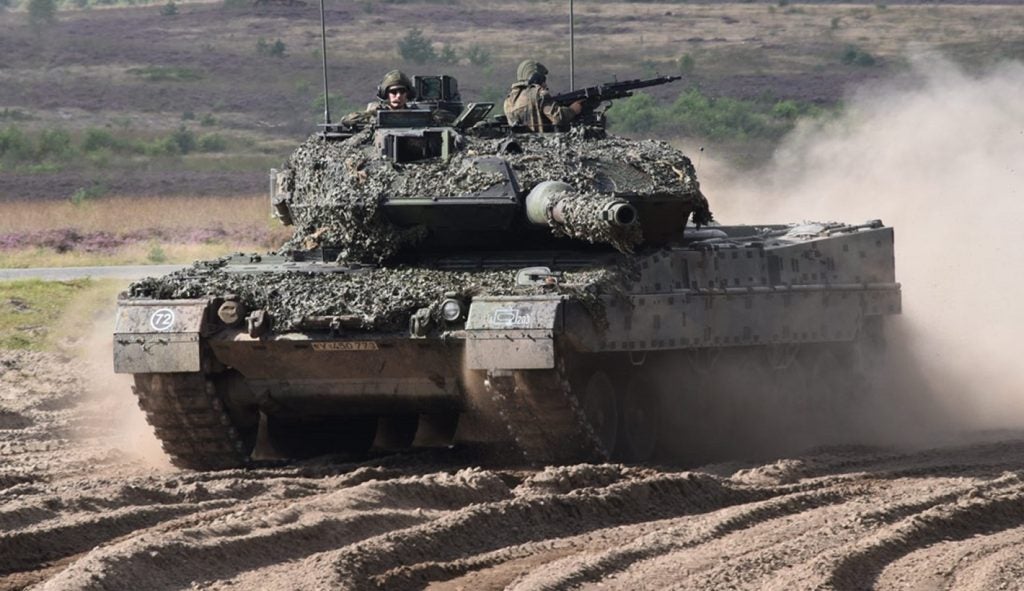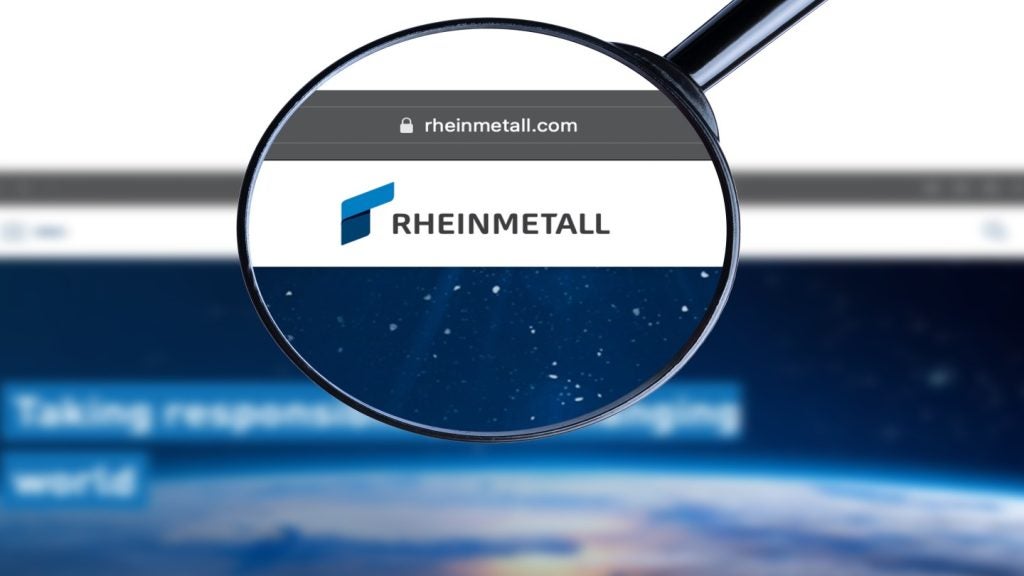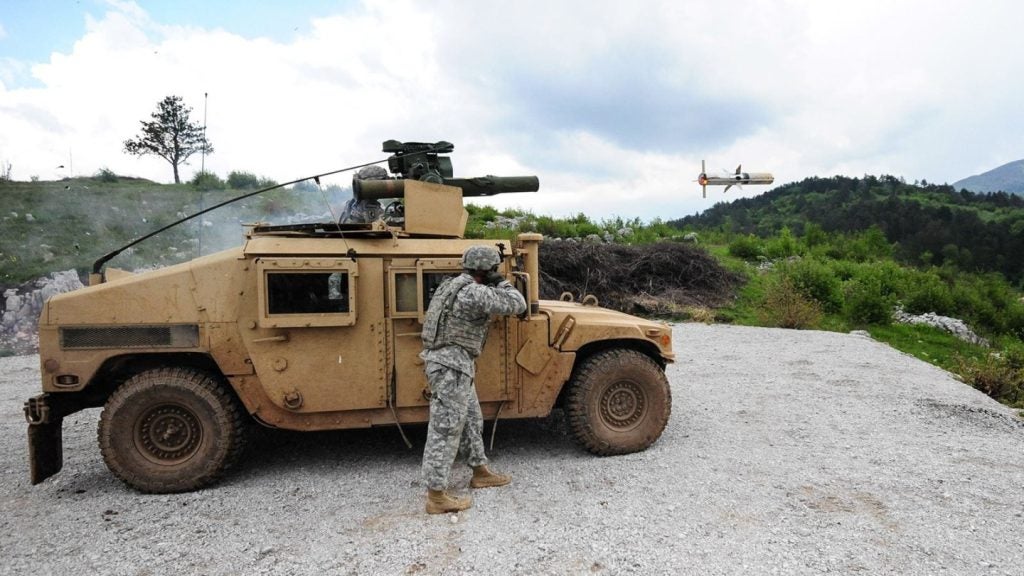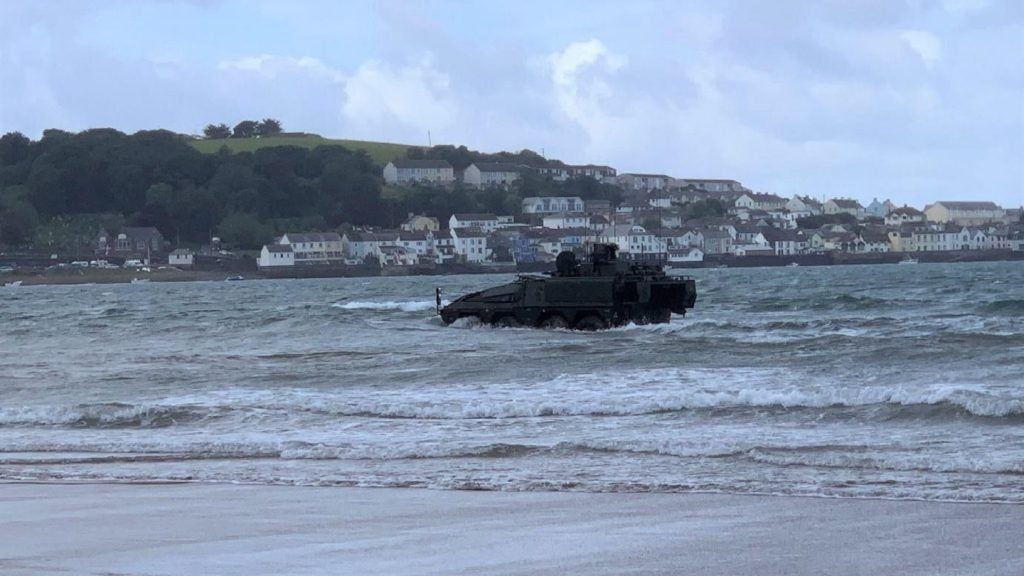Alion has received a contract from the US Defense Threat Reduction Agency (DTRA) to conduct research and development on next-generation technology to detect nuclear-fuelled explosives, including dirty bombs.
Under the $2.8m agreement, the company will address the need for a means to detect neutrons that do not rely on Helium-3 (He-3), which is used by the US Department of Defense (DoD) and other agencies to detect neutrons emanating from special nuclear material (SNM).
Specifically, Alion will develop methods to make the new boron-coated straw detection technology directional, which will enable search teams to pinpoint the location of the source of neutrons and react to threats more effectively.
In addition, engineers will research how to increase the detector’s efficiency by exploring new straw geometries, while focusing on miniaturising and speeding up the electronics.
Alion senior vice-president and distributed simulation group manager Terri Spoonhour said the company can help the DTRA use improved technologies to effectively mitigate threats and safeguard soldiers and citizens.
"Beyond providing a drop-in replacement for He-3 detector components, this engineering effort opens up a number of possibilities for new or enhanced portable systems that can be carried into questionable areas or permanently installed to protect ports and depots," Spoonhour said.
How well do you really know your competitors?
Access the most comprehensive Company Profiles on the market, powered by GlobalData. Save hours of research. Gain competitive edge.

Thank you!
Your download email will arrive shortly
Not ready to buy yet? Download a free sample
We are confident about the unique quality of our Company Profiles. However, we want you to make the most beneficial decision for your business, so we offer a free sample that you can download by submitting the below form
By GlobalDataAs part of the deal, Alion will also review various manufacturing technologies to reduce overall production costs associated with the technology.
The supply of He-3, an extremely rare, non-naturally occurring substance, is rapidly drying up, and its detectors are omnidirectional, which can only alert users to the presence of neutrons.
Alion has collaborated with Proportional Technologies on the contract, which runs until March 2017.








